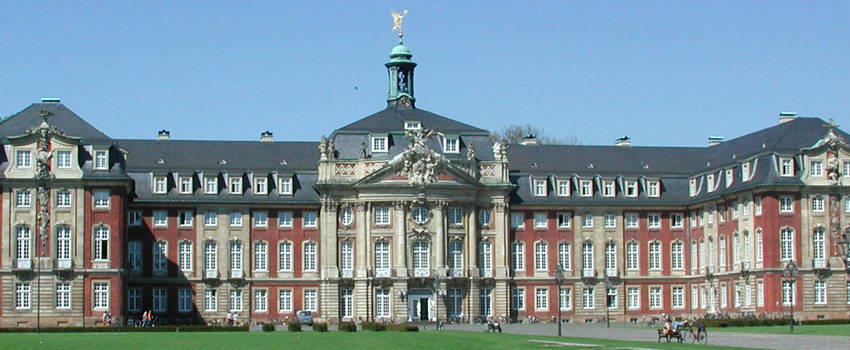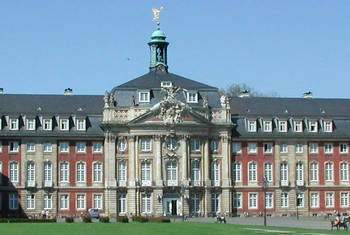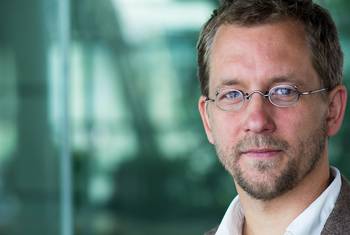Detlef Pollack What Are the Effects of Religious Pluralism in Society on Individual Religiosity?
Detlef Pollack is Professor of the Sociology of Religions at the Westfälische Wilhelms-Universität Münster, in the German state of North-Rhine-Westphalia. In 2003 Pollack received the Max Weber Chair for German and European Studies at New York University. Since 1995 Pollack has been a member of the International Society for the Sociology of Religion (ISSR). His specific research interest is in religious multiplicity. Using Germany as a case study, Pollack interrogates the nature of individual religiosity today, in the context of a religiously plural society.
Area of Research
Sociology of Religion
since 2015
Speaker
University of Münster (Westfälische Wilhelms-Universität Münster) (more details)
Cluster of Excellence “Religion and Politics”
since 2012
Vice-Speaker
University of Münster (Westfälische Wilhelms-Universität Münster) (more details)
Cluster of Excellence “Religion and Politics”
since 2008
Professor of Sociology of Religion
University of Münster (Westfälische Wilhelms-Universität Münster) (more details)
2003-2005
Chair
Max Weber, New York University
2002-2008
Director
Institute for Transformation Studies at the European University Frankfurt (Oder)
1995-2008
Professor of Comparative Sociology of Culture
European University Viadrina Frankfurt (Oder)
1994
Professor of Sociology of Religion
Leipzig University (Universität Leipzig)
1992
Substitute Professorship
Philipps-Universität Marburg
1994
Habilitation
University of Bielefeld (Universität Bielefeld)
Faculty of Sociology
1984
PhD in Theology
Leipzig University (Universität Leipzig)
1981
Diploma in Theology
Leipzig University (Universität Leipzig)
Fellowships
- Member of the Executive Board at the Centre for Religion and Modernity, University of Münster (since 2012)
- Fellow at the Institute for Advanced Study (Wissenschaftskolleg) Berlin (1996-1997)
 © Peter Grewer
© Peter Grewer
University of Münster (Westfälische Wilhelms-Universität Münster)
Founded in 1780, the WWU Münster is a university with tradition. 250 courses of study, 43,000 students, a staff of 5,850 including 590 professors - as well as 550 partnership agreements with universities and other academic institutions all over the world. Münster University has developed a strong research profile in natural sciences, humanities, medicine, law and business administration. It targets top-level research in high-performance areas and combines this with promoting first-class junior research staff. (Source: WWU)
Map
One of the basic questions concerning religious pluralism in societies is whether it has a reinforcing or an undermining effect on religiosity of individuals. The two contradicting hypotheses are on the one hand the ‘market theory’ on the other hand the ‘secularization theory’. According to the ‘market theory’ a vast supply of religions in society also increases the demand for it and thus reinforces the religious vitality. The ‘secularization theory’ states that individual religiosity is weakened by a plurality of religions in society. The study presented in this video tests both theories empirically for the United States of America and for Western Germany using data covering more than fifty years. As DETLEF POLLACK explains, the findings confirm the secularization theory for both societies. This might indicate a positive relation between modernization and secularization that so far is doubted by many researchers.
LT Video Publication DOI: https://doi.org/10.21036/LTPUB10294
Religious Pluralism: Undermining or Reinforcing Religiosity?
- Detlef Pollack
- Society
- Published in 2016









